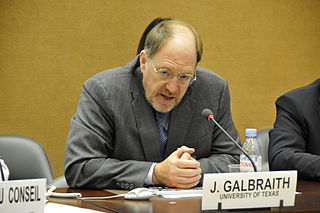A Quote by Samuel Butler
Since God himself cannot change the past, He is obliged to tolerate the existence of historians.
Related Quotes
Do what he will, he [the profane man] is an inheritor. He cannot utterly abolish his past, since he himself is a product of his past. He forms himself by a series of denials and refusals, but he continues to be haunted by the realities that he has refused and denied. To acquire a world of his own, he has desacralized the world in which his ancestors lived; but to do so he has been obliged to adopt an earlier type of behavior, and that behavior is still emotionally present in him, in one form or another, ready to be reactualized in his deepest being.
The main problem with those who deny the existence of God is not intellectual. It is not because of insufficient information, or that God's manifestation of himself in nature has been obscured. The atheists' problem is not that they cannot know God, rather it is they do not want to know him. Man's problem with the existence of God is not an intellectual problem; it is a moral problem." For the wrath of God is revealed from heaven against all ungodliness and unrighteousness of men - Rom. 1:18"
There is exactly the same degree of possibility and likelihood of the existence of the Christian God as there is of the existence of the Homeric god. I cannot prove that either the Christian god or the Homeric gods do not exist, but I do not think that their existence is an alternative that is sufficiently probable to be worth serious consideration.
I am interested in the past. Perhaps one of the reasons is we cannot make, cannot change the past. I mean you can hardly unmake the present. But the past after all is merely to say a memory, a dream. You know my own past seems continually changed when I am remembering it, or reading things that are interesting to me.
Most academic historians accept that historians' own circumstances demand that they tell the story in a particular way, of course. While people wring their hands about 'revisionist' historians; on some level, the correction and amplification of various parts of the past is not 'revisionism' as it is simply the process of any historical writing.






































